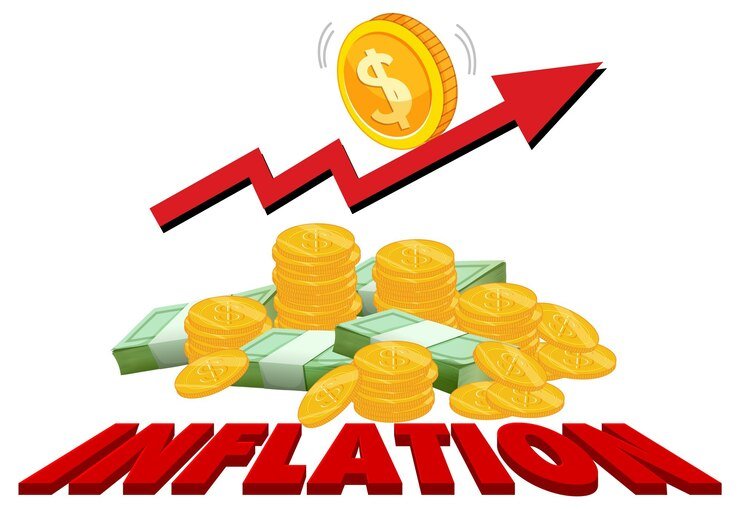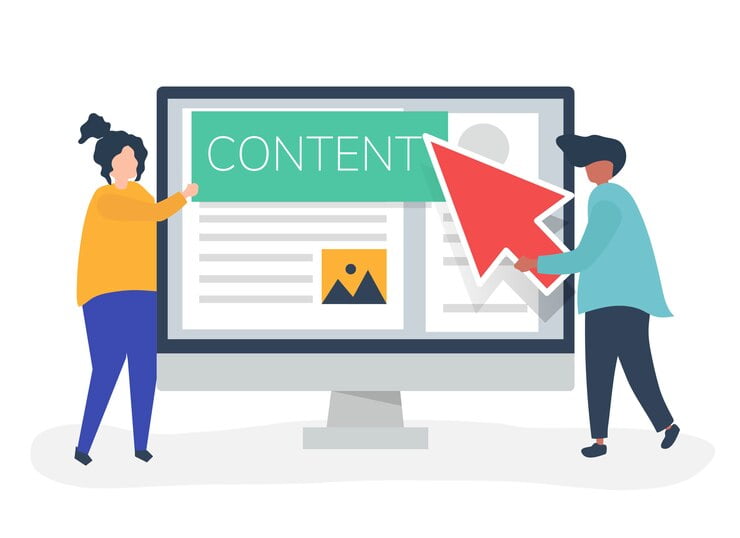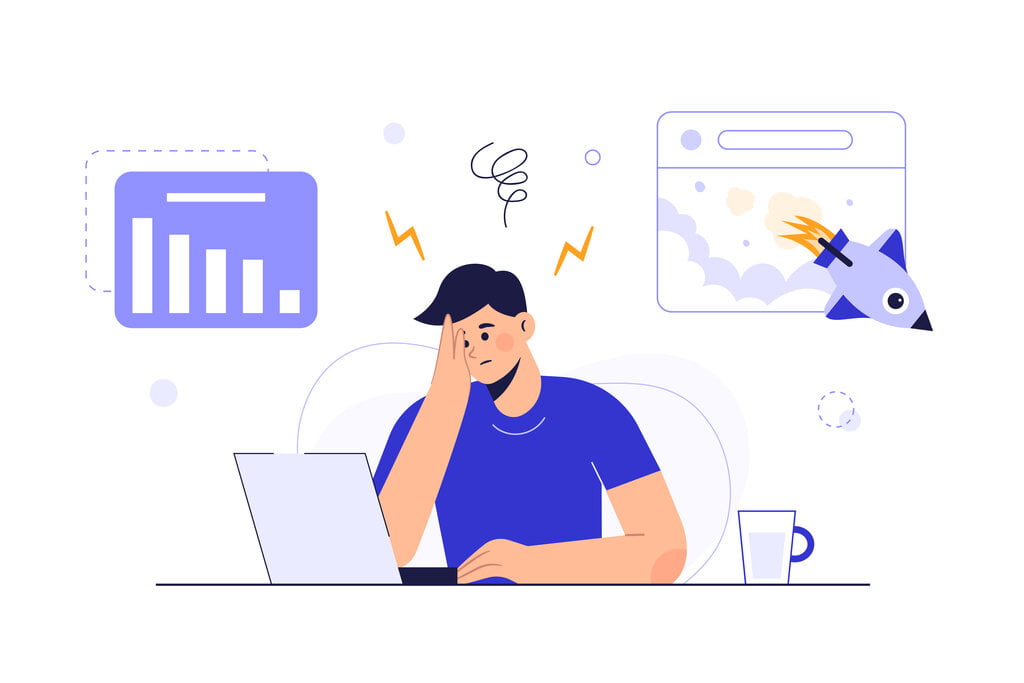The Impact of Inflation on Your Savings And Investments can spoil the purchasing power of your money over time. As the cost of goods and services rises, the value of your savings and investments may decrease, leading to a potential loss of wealth.
Inflation can affect various types of investments, such as stocks, bonds, and real estate. Understanding how inflation impacts your savings and investments is crucial for creating a diversified portfolio that can potentially outpace inflation. By exploring strategies to hedge against inflation, you can protect your financial future and ensure that your investments continue to grow in real terms.
Table of Contents
ToggleUnderstanding The Effects On Savings
Understanding the impact of inflation on your savings and investments is crucial. It helps you identify the effects it can have on the growth and purchasing power of your money, enabling you to make informed financial decisions.
When it comes to inflation, one of the most significant areas of concern is its impact on savings. Inflation has the potential to fall the purchasing power of your hard-earned money and can affect the returns you earn on your investments. It’s important to understand these effects so that you can make informed decisions about managing your savings and investments.
Purchasing Power Erosion
Inflation has a direct impact on the purchasing power of your savings. As prices increase over time, the value of your money decreases. This means that the same amount of money will buy you fewer goods and services in the future. Let’s take a hypothetical example to illustrate this. Suppose you have $1000 in a savings account earning 1% interest per year. If the inflation rate is 2%, the value of your savings in terms of purchasing power will actually be decreasing. In simpler terms, the prices of goods and services will be increasing at a faster rate than the interest earned on your savings. To put it into perspective, let’s say a loaf of bread costs $2 today. If inflation is 2% per year, in one year, that same loaf of bread may cost $2.04. While this might not seem like a significant increase, over time, it can add up. Inflation gradually decreases your purchasing power, making it essential to consider how your savings keep up with rising prices.
Interest Rate Impact
Another factor to consider when it comes to inflation’s impact on savings is its effect on interest rates. In general, inflation leads to higher interest rates offered by banks and other financial institutions. This is because higher inflation means higher borrowing costs and the need to compensate for the erosion of purchasing power. Higher interest rates on loans and mortgages can make it more expensive to borrow money, which can directly impact your ability to save. On the other hand, higher interest rates can lead to higher returns on savings and investments, which helps offset the effects of inflation. However, it’s important to note that the relationship between inflation and interest rates is not always straightforward. Sometimes, inflation can outpace interest rates, resulting in negative real returns on your savings. This means that even though you might be earning interest on your savings, the rate of inflation is higher, causing your savings to lose value over time. Understanding the effects of inflation on your savings is vital for long-term financial planning. By staying informed, you can consider strategies such as investing in assets that have historically provided a hedge against inflation or adjusting your savings goals to account for inflationary pressures.
Analyzing The Impact On Investments
Discover how inflation can impact your savings and investments. Gain valuable insights into analyzing the effects of inflation on your financial future.

One of the factors that can greatly impact the value of your savings and investments is inflation. Inflation refers to the general increase in prices of goods and services over time, decreasing the purchasing power of your money. When it comes to analyzing the impact of inflation on investments, it is important to consider various asset classes such as stocks and bonds, real estate, and commodities.
Stocks And Bonds
Investing in stocks and bonds can be influenced by inflation in different ways. Stocks are shares of ownership in a company, and their value can be affected by inflation. During times of high inflation, companies may experience increased operating costs which can lead to reduced profits. This can weaken investor confidence and lead to a decrease in stock prices. On the other hand, some companies may be able to pass on increased costs to consumers, maintaining their profitability and potentially even benefiting from inflation. Bonds are debt instruments issued by companies, governments, or municipalities to raise capital. Inflation can impact the value of bonds as well. When inflation rises, the purchasing power of future coupon payments and the principal value of a bond decreases, resulting in a decrease in its market value. However, certain types of bonds, such as Treasury Inflation-Protected Securities (TIPS), are designed to help protect investors against inflation by adjusting their principal value based on changes in the Consumer Price Index.
Real Estate And Commodities
Real estate investments can also be affected by inflation. During periods of high inflation, the cost of construction materials, labor, and financing may increase, affecting the profitability of real estate projects. However, real estate can also be a hedge against inflation as property values and rental incomes tend to increase over time. Additionally, real estate can offer the potential for rental income, which can provide a steady cash flow even during inflationary periods. Commodities, such as oil, metals, and agricultural products, are known for their sensitivity to inflation. As the cost of raw materials and production increases, the prices of commodities tend to rise. Investors can consider including commodities in their investment portfolio to hedge against inflation. However, it’s important to note that commodities can be volatile and subject to various factors beyond inflation, such as geopolitical events and supply and demand dynamics.

In conclusion, analyzing the impact of inflation on investments is crucial for managing and growing your savings. Stocks and bonds, real estate, and commodities are all asset classes that can be influenced by inflation in different ways. By understanding these effects, investors can make informed decisions to protect and potentially grow their investment portfolios.
Strategies To Protect Your Savings And Investments
Diversifying your investments means spreading out your money into different types of investments. This helps protect you in case one investment doesn’t do well. It’s like not putting all your eggs in one basket. When inflation eats away at your savings, diverse investments can help. For example, TIPS (Treasury Inflation-Protected Securities) and commodities like gold or oil can keep up with rising prices better than regular savings. By mixing up where you put your money, you can shield yourself from the negative effects of inflation and reduce the overall risk to your savings.
Role Of Central Banks And Government Policies
In the fight against inflation, the role of central banks and government policies is crucial. Central banks, like the Federal Reserve in the United States, and government policies work in conjunction to regulate the economy and manage inflation. Understanding their functions and strategies is essential for individuals seeking to protect their savings and investments from the erosive effects of inflation.
Inflation Targeting
Central banks often employ inflation targeting as a means to maintain price stability within the economy. Through this approach, a specific target inflation rate is set and the central bank adjusts monetary policies accordingly to achieve this goal. An explicit inflation target provides clarity and transparency, allowing businesses and investors to make informed decisions.
Monetary Policy Measures
Monetary policy measures, such as interest rate adjustments and open market operations, are implemented by central banks to influence the money supply, credit availability, and ultimately, inflation. When inflation becomes a concern, central banks may opt to increase interest rates to reduce spending and borrowing, thereby curbing inflationary pressures. These measures impact the cost of borrowing and the return on savings and investments, affecting individuals’ financial decisions.
As the economy fluctuates, staying informed is key to preserving your savings and investments. Inflation’s impact is undeniable but manageable with strategic planning and diversification. Take control of your financial future by navigating inflation’s effects wisely and seeking expert guidance for long-term stability.







